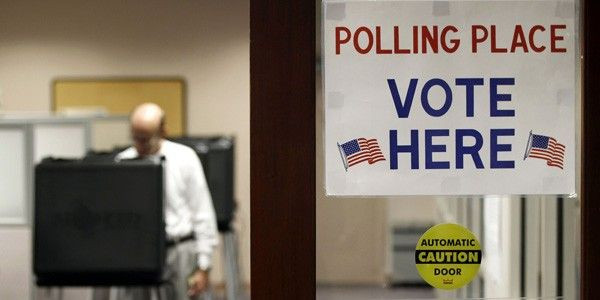Pennsylvania Loosens Voter ID Requirements

In a victory for opponents of a new Pennsylvania law requiring voters to present photo identification, officials announced on Tuesday that they are easing the requirements for obtaining an ID.
Pennsylvania residents had formerly been able to vote after presenting nonphoto forms of identification such as a utility bill. The new law, in what supporters call an attempt to safeguard against fraud, mandated that Pennsylvanians present valid government-issued photo ID in order to be able to vote.
Critics have warned that the law will disenfranchise low-income and minority voters, saying for many of these groups it would be prohibitively difficult to go through the process of getting a new ID. They have cited irregular hours at centers where IDs are available, a lack of access to transportation, and the documents prospective voters are required to present.
In an attempt to allay those concerns, the Commonwealth of Pennsylvania announced on Tuesday that residents will no longer need to have proof of residence to get a new ID. Pennsylvanians now need to furnish only their name, date of birth, Social Security number and address.
"We believe these updates to our process will meet the Supreme Court standard that voter ID ards be liberally accessible," Carol Aichele, secretary of the commonwealth, said in a statement.
The decision follows a recent ruling by the state's Supreme Court, which ordered a lower court to reexamine the law for evidence that it would block legitimate voters. If the risk of disenfranchisement was high enough, the high court's decision said, the lower court would be compelled to strike down the law.
"Both state agencies involved appreciate that some registered voters have been and will be unable to comply with the requirements," the court decision reads, adding that "the population involved includes members of some of the most vulnerable segments of our society (the elderly, disabled members of our community and the financially disadvantaged)."
The issue has taken on additional resonance given the swiftly approaching presidential election. While polls generally show President Barack Obama having an advantage over Mitt Romney in Pennsylvania, the state remains a perennial battleground with 20 electoral votes. Similar battles have played out in states across the country, as Republican-controlled legislatures have advanced new voting restrictions that have been challenged by voting rights groups and, in some instances, the federal Department of Justice.
A Commonwealth Court in Harrisburg, Pa., is continuing to hear arguments about the voter ID law, with a decision expected by sometime next week.
© Copyright IBTimes 2024. All rights reserved.




















